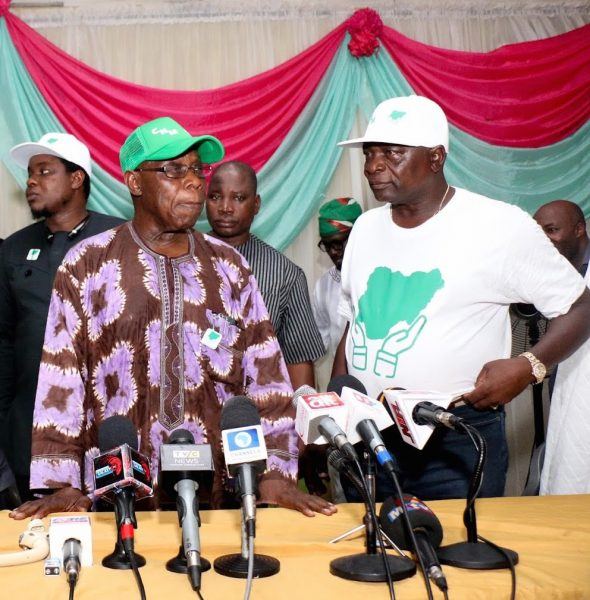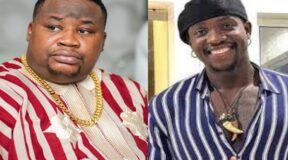My disagreement on consensus
OpenLife Nigeria reports that for the first time, a former governor of Osun State, Olagunsoye Oyinlola, has revealed an aspect of his disagreement with President Olusegun Obasanjo on the political direction.
The retired general who was also the former military administrator of Lagos State and Obasanjo’s core loyalist disclosed his assessment of the performance of President Muhammadu Buhari which he described as “the failure” on account of his inability to deliver on his campaign promises.
Oyinlola stated that he disagreed with Obasanjo on the choice of who to support as a presidential candidate in 2015
According to his personal narrative, he, alongside many others, played critical roles in the campaign that brought Buhari to power.
He however stressed that he regrets his action, adding that he should have listened to former President Olusegun Obasanjo’s warning that Buhari was unfit to govern the country.
Oyinlola said, “I am saddened that Buhari said he did not know what restructuring is. I played an important role in the process that brought Buhari to power. One of the policies we sold to the South was restructuring, but it was shocking that the President said he didn’t know the meaning of restructuring in an interview. May God forgive us and have mercy because this was contrary to what we envisaged.
“We made a lot of promises to the people but none of the promises he made has been fulfilled, especially on the security issues.
“It was like Boko Haram would be forgotten within six months of Buhari’s becoming the President. Chief Olusegun Obasanjo warned us that Buhari was not fit to run the country but we did not listen to him.
“We thought that since he was once a military Head of State, he would know how best to handle the insecurity that the country was faced with. Since we gained independence, and civil war, there’s no moment scarier than what we have now.
“The reports we read daily capture deaths and abduction of people. Already, parents are wary of sending their kids to school. Insecurity has not gone worse like this since 1999.”







